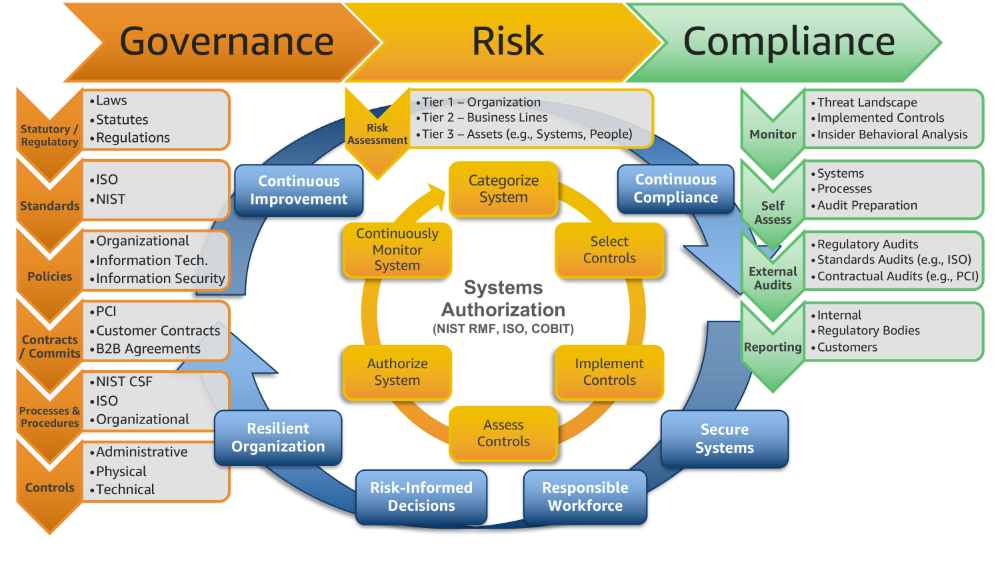Understanding Cloud Regulatory Compliance: Key Frameworks & Best Practices is essential for businesses operating in the cloud environment. In this informative article, we will delve into the significance of adhering to regulatory standards such as GDPR and HIPAA, the advantages and challenges of compliance, as well as the best practices that organizations can implement. Additionally, we will explore the crucial role of cloud service providers in ensuring that businesses stay compliant with industry regulations and data protection laws. Stay tuned to discover how cloud regulatory compliance can safeguard your business operations and client data.

Comprehensive Understanding of Cloud Regulatory Compliance
Cloud regulatory compliance involves strict adherence to laws, regulations, and industry standards governing cloud computing services. It encompasses risk management, data privacy, security measures, and meeting industry or geographic stipulations. The obligations for compliance can vary significantly based on the specific industry, cloud service provider, and jurisdiction. Understanding these nuances is vital for businesses to maintain a secure and compliant cloud environment.
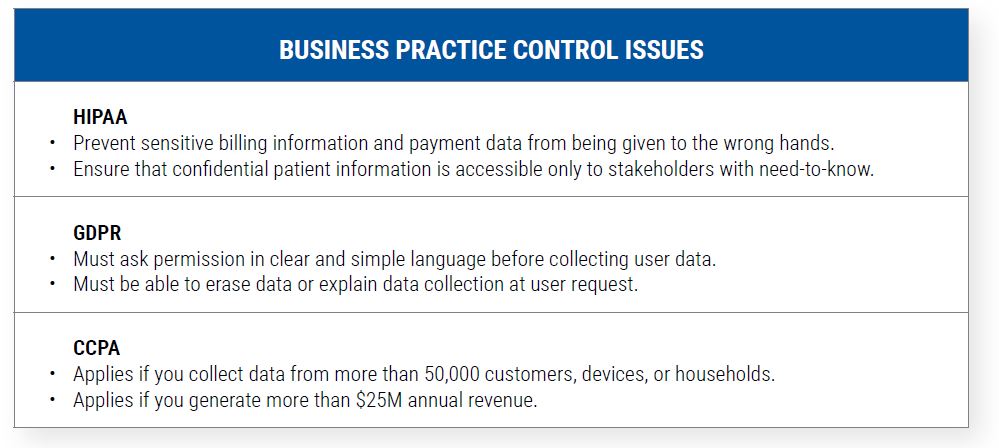
Key Regulatory Frameworks for Cloud Compliance
Understanding the Essentials:
In the realm of cloud regulatory compliance, the General Data Protection Regulation (GDPR) stands out as a pivotal framework designed to safeguard the personal data of individuals within the European Union. Its stringent guidelines on data protection are crucial for businesses operating within the EU or handling EU citizen data, emphasizing transparency and accountability in data processing.
Safeguarding Health Information:
Health Insurance Portability and Accountability Act (HIPAA) is a cornerstone regulation in the United States that focuses on protecting sensitive health information. Organizations in the healthcare industry must adhere to HIPAA to ensure the confidentiality and integrity of patients’ protected health information (PHI), promoting trust and security in healthcare services.
Ensuring Payment Card Data Security:
The Payment Card Industry Data Security Standard (PCI DSS) is a critical framework that sets the standard for secure handling of payment card data globally. Compliance with PCI DSS is imperative for businesses that process, store, or transmit credit card information to mitigate risks associated with data breaches and financial fraud, ultimately enhancing consumer trust and loyalty.
By integrating these key regulatory frameworks into their compliance strategies, businesses can enhance data protection measures, foster trust with customers, and mitigate regulatory risks associated with cloud regulatory compliance.
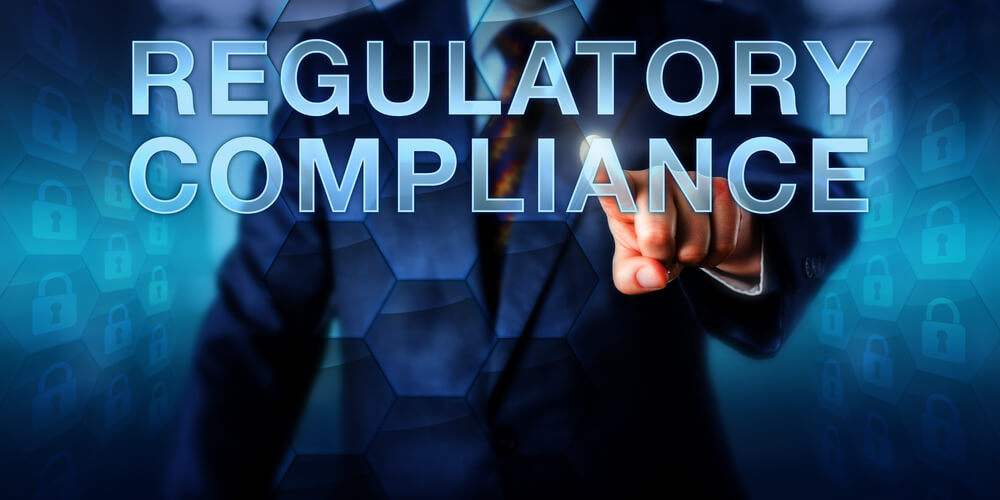
Benefits of Cloud Regulatory Compliance
Reducing Legal and Financial Risks
Compliance with cloud regulatory standards like GDPR shields businesses from costly penalties and fines due to non-compliance. By aligning with regulations, organizations can mitigate legal risks and ensure financial stability, fostering a secure operational environment.
Fostering Trust and Reputation
Embracing cloud regulatory compliance builds customer trust and enhances brand reputation. Demonstrating a commitment to industry standards instills confidence in clients, ensuring transparency in handling data and operations, which is crucial for long-term business relationships.
Ensuring Data Security and Privacy
Adhering to cloud regulatory requirements bolsters data security measures, safeguarding sensitive information from cyber threats and unauthorized access. Compliance frameworks improve data privacy practices, reducing the likelihood of breaches and enhancing overall data protection strategies.
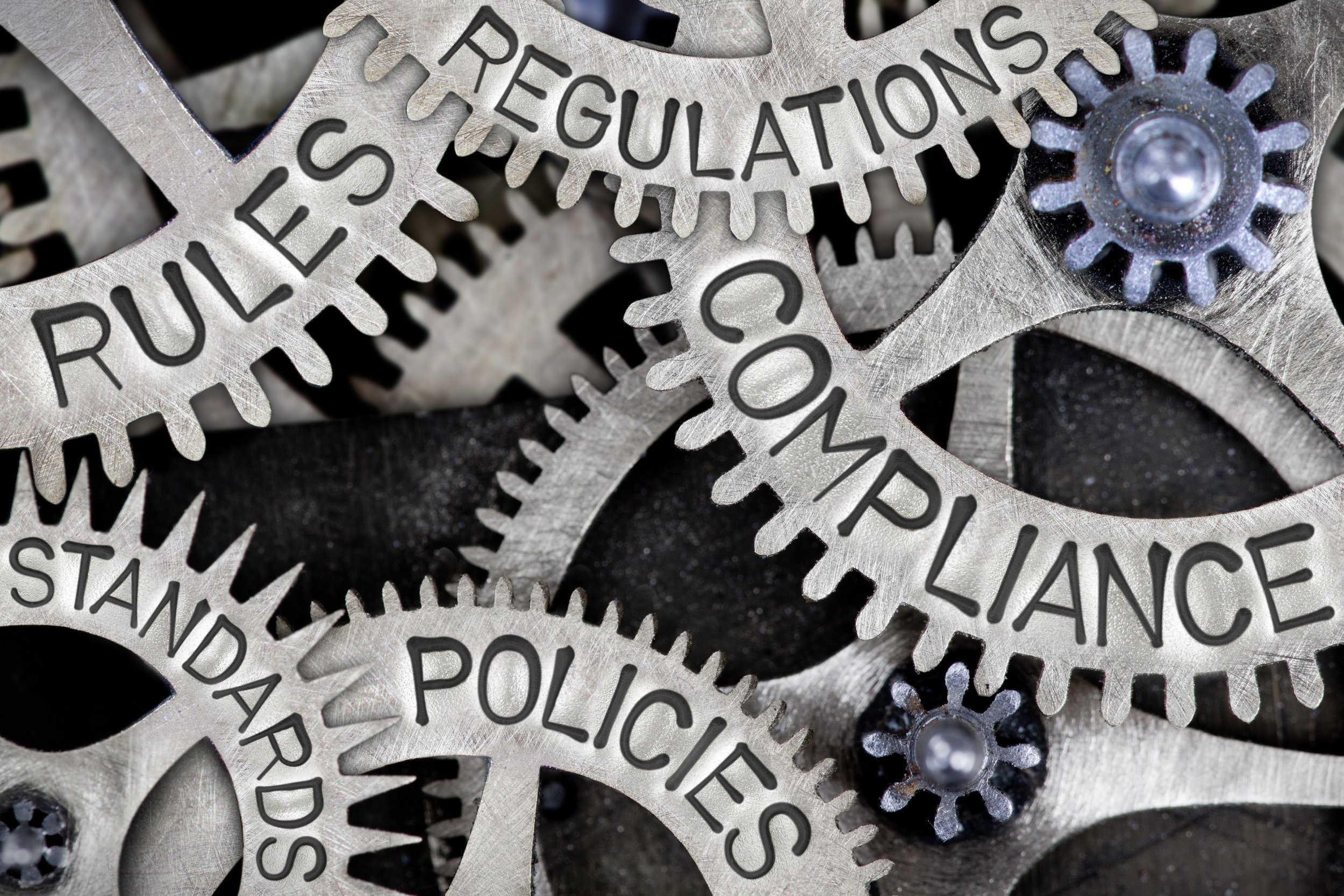
Navigating the Challenges of Cloud Regulatory Compliance
Complexity of Regulations and Their Constant Evolution
Meeting cloud regulatory compliance is intricate due to the complexity and ever-changing nature of regulations like GDPR and HIPAA. The sheer volume of rules requires constant monitoring and adaptation to ensure data security and privacy, posing a significant challenge for businesses to stay compliant.
Lack of Clear Guidance and Standards for Cloud-Specific Compliance
One of the challenges in achieving cloud regulatory compliance stems from the absence of definitive guidelines tailored specifically to cloud environments. This lack of standardized frameworks complicates compliance efforts, leaving organizations to interpret and implement regulations which may lead to inconsistencies and gaps in compliance measures.
Integration Challenges Between On-Premises and Cloud Systems
Harmonizing compliance requirements between on-premises and cloud systems poses a significant obstacle. Ensuring seamless integration while maintaining regulatory adherence across both environments can be a daunting task. Misalignment in security controls and practices between the two setups can introduce vulnerabilities and compliance risks.

Best Practices for Cloud Regulatory Compliance
Conducting Thorough Risk Assessments
Conducting thorough risk assessments is a critical best practice for Cloud Regulatory Compliance. By identifying potential compliance gaps early on, organizations can proactively address vulnerabilities, ensuring adherence to regulations. These assessments help in understanding the risks associated with data handling, storage, and transmission, facilitating a more secure cloud environment.
Implementing Robust Data Security Measures
Implementing robust data security measures, including encryption and access controls, is paramount for Cloud Regulatory Compliance. Encryption safeguards sensitive data from unauthorized access, while access controls ensure that only authorized personnel can view or modify information. These measures play a crucial role in maintaining data integrity and confidentiality in the cloud environment.
Establishing Clear Policies and Procedures
Establishing clear policies and procedures for cloud usage and data handling is essential for ensuring compliance. Clear guidelines on data retention, sharing, and disposal help employees understand their responsibilities, minimizing the risk of non-compliance. By documenting these policies, organizations can create a framework that promotes transparency and accountability in cloud operations.
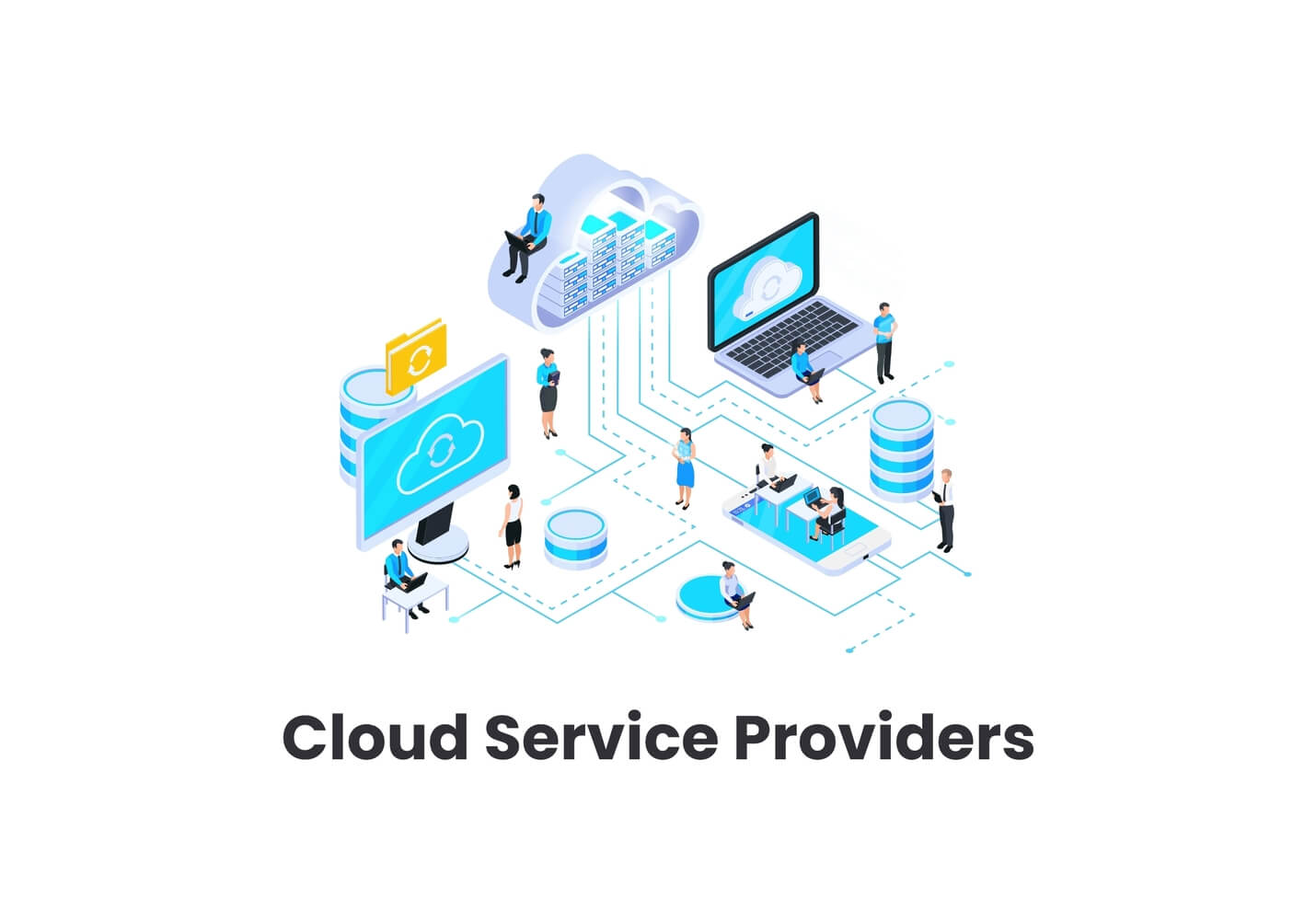
The Crucial Role of Cloud Service Providers in Compliance
Cloud Service Providers: Compliance Partners
Cloud service providers play a pivotal role in supporting businesses with Cloud Regulatory Compliance by offering a suite of compliance tools and services. These resources aid customers in aligning their operations with stringent regulatory requirements, ensuring data protection and legal adherence.
Demonstrating Compliance Commitment
Cloud providers showcase their commitment to regulatory compliance by obtaining relevant certifications and attestations. These credentials serve as tangible evidence of their adherence to industry standards, fostering trust and confidence among customers who rely on their services for maintaining compliance.
Evaluating Provider Capabilities
Businesses entrusting their data to the cloud must meticulously assess the compliance capabilities of prospective service providers. Thorough evaluations of auditing practices, security measures, and compliance frameworks are essential to ensure a seamless alignment with regulatory obligations and safeguard sensitive information.

Evolving Trends in Cloud Regulatory Compliance
Data Privacy & Sovereignty Regulations
The landscape of Cloud Regulatory Compliance is witnessing a significant shift towards stringent data privacy and sovereignty regulations. Businesses are now required to ensure that data is protected and managed in adherence to evolving privacy laws globally, such as the GDPR. This trend emphasizes the critical importance of safeguarding sensitive information within the cloud environment.
Integration of AI and ML for Compliance Monitoring
A notable trend in Cloud Regulatory Compliance is the integration of cutting-edge technologies like Artificial Intelligence (AI) and Machine Learning (ML) for monitoring and automating compliance processes. AI-driven tools are enhancing the efficiency and accuracy of compliance monitoring, enabling organizations to proactively identify and address potential compliance issues before they escalate.
Collaborative Approach for Comprehensive Compliance Frameworks
Emerging trends highlight a collaborative approach among cloud service providers, regulatory bodies, and industry organizations to develop robust and comprehensive compliance frameworks. This cooperation fosters the exchange of expertise and insights, facilitating the establishment of more effective regulatory standards and guidelines within the cloud ecosystem.
